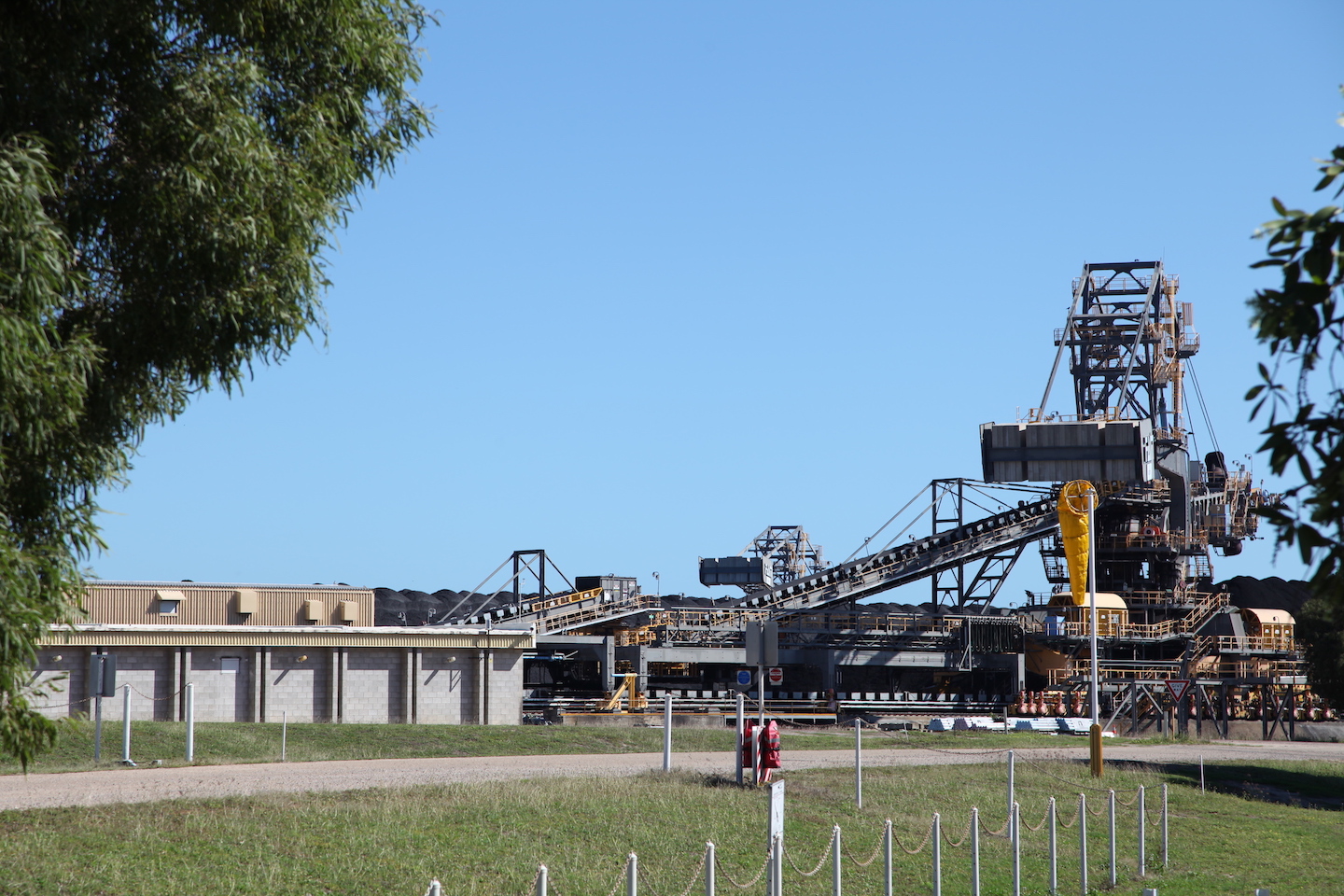A just transition away from coal in Australia
Since early November 2021, I have been leading a short project entitled ‘A Just transition away from coal in Australia’, funded by The British Academy as part of its Just Transitions Programme.
Building on my Leverhulme International Fellowship, Just Coal? this project is a collaboration with Prof. Susan Park and Dr. Robert MacNeil, both from the University of Sydney’s Department of Government & International Relations and the Sydney Environment Institute.
In this project, we are assembling evidence on how the ‘just transition’ from coal is being defined in Australia, exploring the challenges Australia will have to overcome to implement a ‘just transition’ from coal and developing a new broader approach to just transition which helps inform global efforts to justly achieve the climate action that is urgently needed.

 An export coal loader in Queensland, Australia (Photo © G.A.S Edwards)
An export coal loader in Queensland, Australia (Photo © G.A.S Edwards)